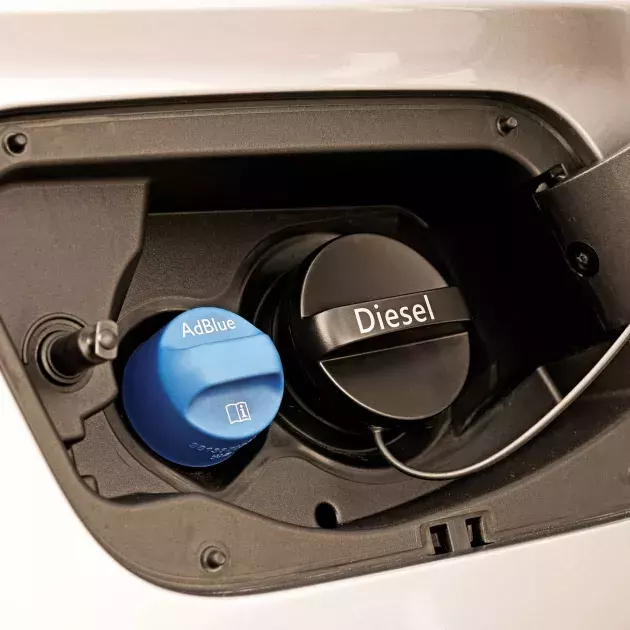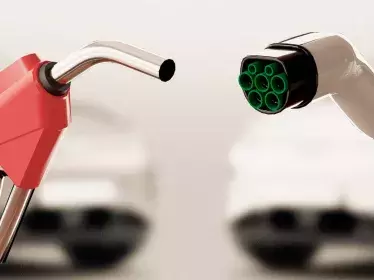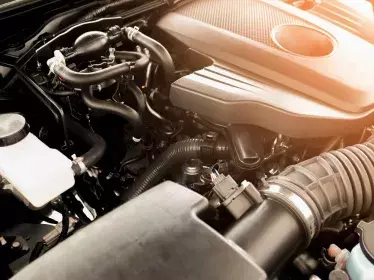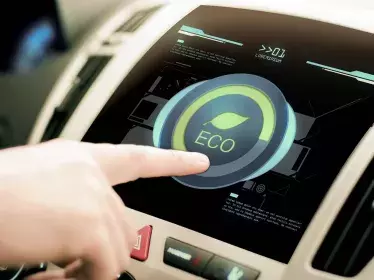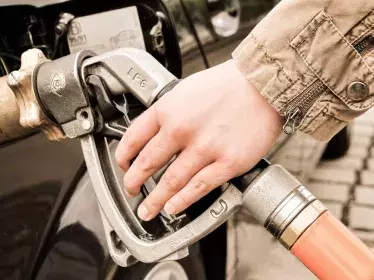AdBlue is a liquid that is used to operate your 'catalytic reducer'. This is a catalytic converter that significantly reduces the production of nitrogen oxides (NOx) from the exhaust, particularly in diesel cars.
Since 2014 (but longer for trucks), diesel cars have been equipped with nitrogen oxide (NOx) filters. What are these? Since the adoption of direct injection, the combustion of diesel in the chamber has been less complete and homogeneous in order to save fuel. This incomplete combustion results in the production of nitrogen oxides, a toxic gas, concentration of which contributes to air pollution.
NOx filters can significantly reduce the concentration of this harmful gas. But only when you fill up with AdBlue! AdBlue treatment systems have become mandatory with the Euro 6 standard, mainly in diesel cars that all work using direct injection.
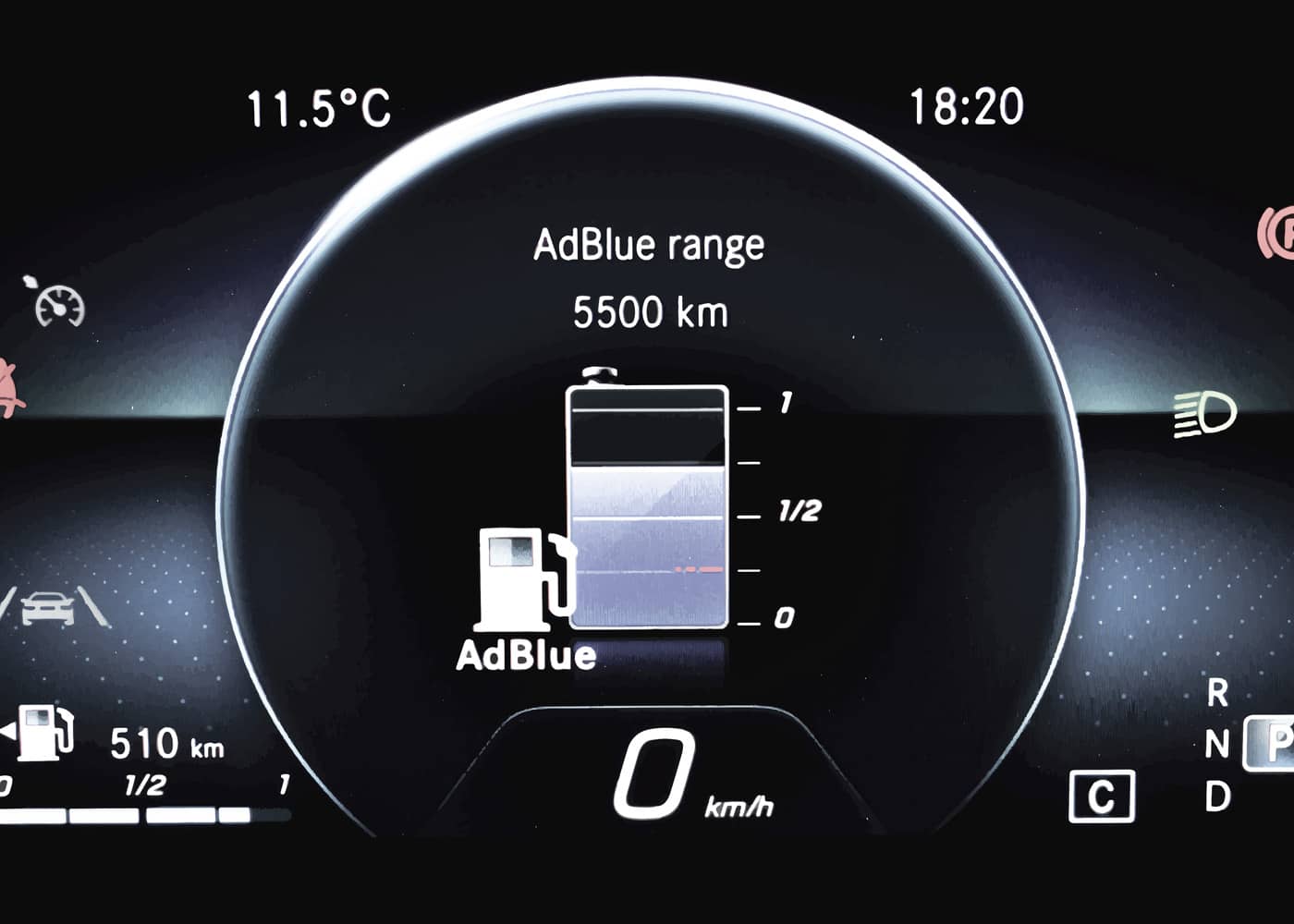
AdBlue requirement
Cars equipped with a selective catalytic reduction (SCR) catalytic converter require AdBlue to keep their nitrogen oxide (NOx) treatment system operating correctly and meet the Euro 6 standard. Specifically, AdBlue is an aqueous solution composed of 32.5% urea and 67.5% demineralised water. It is a colourless, biodegradable liquid, classified as a non-hazardous product. Injected into the exhaust gas, it transforms into ammonia, which in turn reduces nitrogen oxides to nitrogen and water vapour, which are harmless substances.
How do I use AdBlue?
Cars have small additional tanks that require refilling at various intervals. An indicator light on the instrument panel indicates when the AdBlue range is reduced to less than 3,000 km. AdBlue consumption is expected to vary between 1 and 2 litres per 1000 km. AdBlue can be found in petrol stations, either at a dedicated pump or available in a container. Warning: without AdBlue, the car will not be able to start.
And with petrol engines?
In recent years, petrol engines have also switched to direct injection. This means that they now produce nitrogen oxides in relatively large quantities. However, there is no requirement for NOx filters for these engines yet. Some car makes have committed to doing so, but it is likely that the Euro 7 standard of 2025 will have to be reached for the requirement to become effective.


